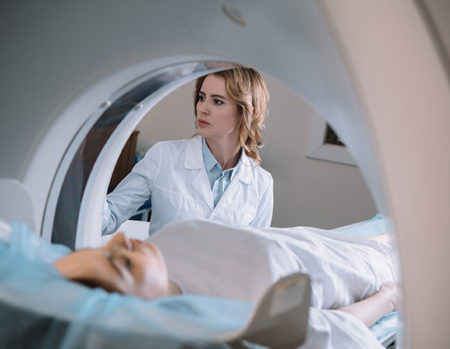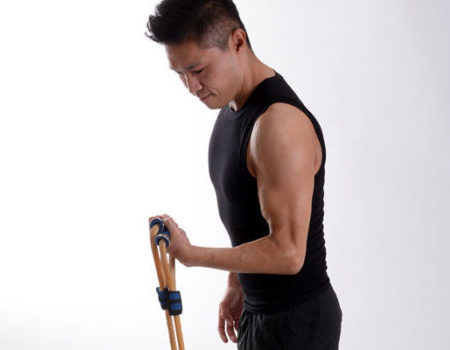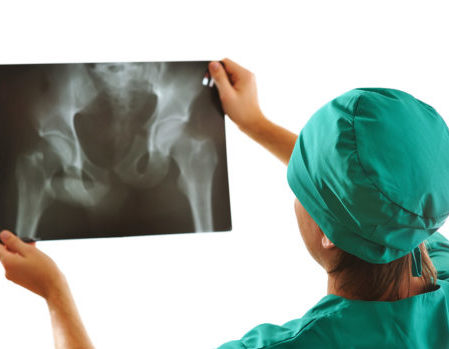Degenerative Disc Disease Treated in Louisville, KY

A common source of neck and back pain, degenerative disc disease often develops gradually along with the natural aging process. Due to wear and tear sustained over time, the spinal discs—small, rubbery cushions between vertebrae—slowly lose their water content, which makes them stiff, brittle, and less effective as shock absorbers for the spine. Furthermore, as the discs deteriorate, they may bulge, tear, or crack (herniate). They may also lose height and allow the adjacent vertebrae to move closer together, potentially leading to painful bone-on-bone contact and the development of spinal bone spurs.
Degenerative disc disease does not always cause pain or require treatment. In some cases, the condition goes undetected until it is identified in an imaging scan performed for an unrelated reason. However, if inflamed or excess tissue pressures the spinal cord or a nerve root, uncomfortable symptoms may develop. In addition to neck or back pain, some people experience numbness and tingling sensations that radiate down their arms or legs.
How Is Degenerative Disc Disease Treated?
Pain tolerance varies widely among individuals. For those who seek treatment for degenerative disc disease, most spine specialists recommend starting with several weeks of nonsurgical therapy, which may include over-the-counter nonsteroidal anti-inflammatory drugs (NSAIDs) and gentle exercise. This approach can be effective for reducing painful inflammation in the spine and, in some cases, no further treatment is necessary.
To address severe symptoms that do not improve with conservative therapy, a disc replacement may be considered. This surgical procedure involves removing the damaged disc, along with any nearby bone spurs, then inserting a metal or polymer prosthetic in its place.
If you would like to explore your treatment options for degenerative disc disease with a board-certified orthopedic spine surgeon, request a consultation at Louisville Orthopaedic Clinic in Louisville, Kentucky. After confirming your diagnosis and evaluating your condition, we can help you find the most conservative treatment approach that will be effective for you.



 Our patients can receive MRI imaging onsite at both our Louisville and New Albany Clinics.
Our patients can receive MRI imaging onsite at both our Louisville and New Albany Clinics. Providing the latest advances in orthopedic surgery is our specialty.
Providing the latest advances in orthopedic surgery is our specialty. We take a unique, multidisciplinary approach to pain management.
We take a unique, multidisciplinary approach to pain management. Our physical therapists use advanced techniques to help restore strength and mobility.
Our physical therapists use advanced techniques to help restore strength and mobility.  We provide comprehensive, conservative care for a wide variety of foot and ankle conditions.
We provide comprehensive, conservative care for a wide variety of foot and ankle conditions. We offer same- and next-day care to patients with acute injuries.
We offer same- and next-day care to patients with acute injuries. Get back in the game with help from our sports medicine specialists.
Get back in the game with help from our sports medicine specialists.  Our centers are equipped with a state-of-the-art digital X-ray machine.
Our centers are equipped with a state-of-the-art digital X-ray machine.